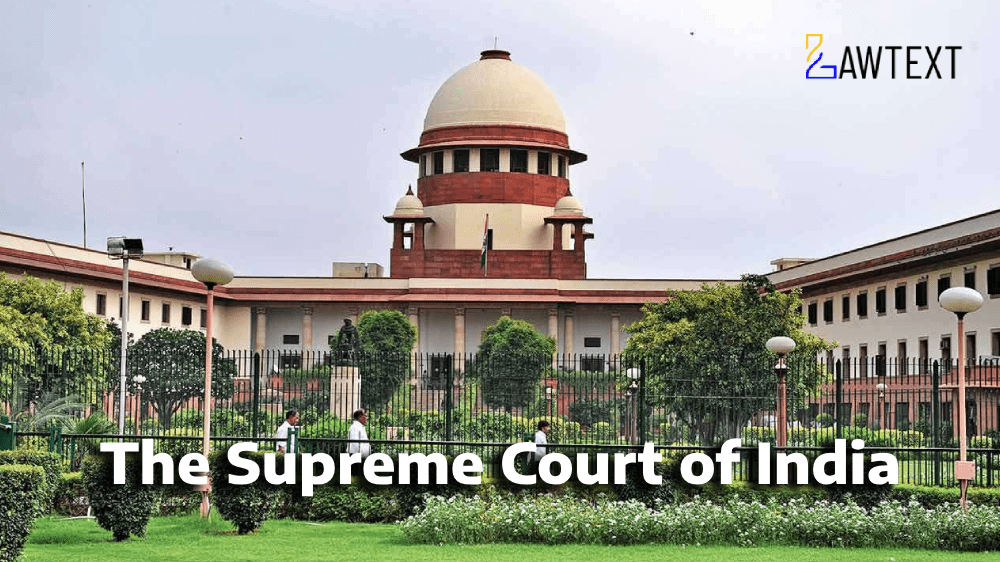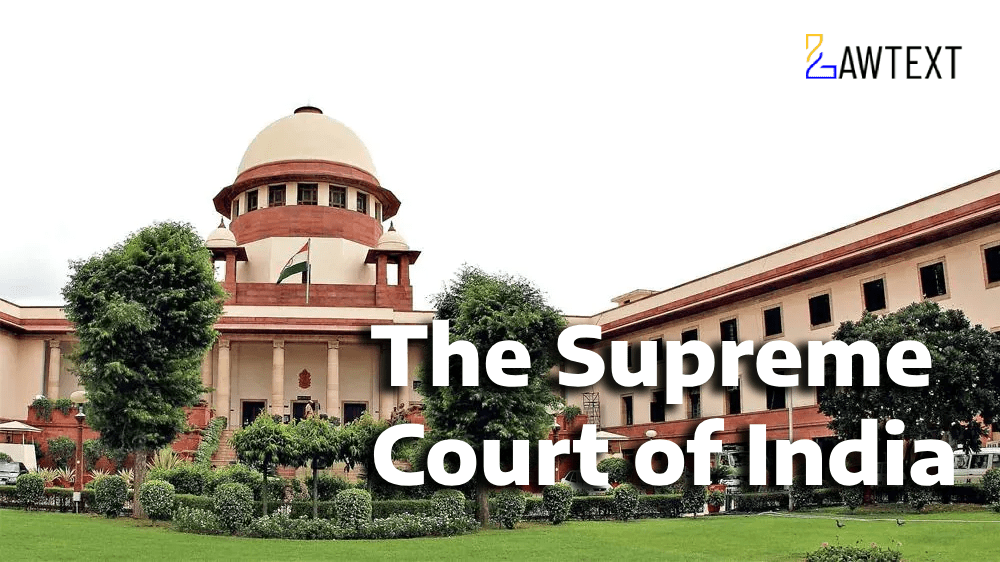Case Note & Summary
The appeal concerns the High Court of Telangana's modification of interim maintenance from INR 20,000 to INR 10,000 payable by the appellant to the respondent. The appellant, who had pronounced triple talaq and obtained an ex parte divorce, contends that the Muslim Women (Protection of Rights on Divorce) Act, 1986, supersedes Section 125 of the CrPC, which provides for maintenance. The amicus curiae argues that the 1986 Act does not bar a divorced Muslim woman from seeking maintenance under Section 125 of CrPC. The court examines historical and legal contexts, including precedents, to determine the interplay between the two laws. The judgment concludes that Section 125 CrPC applies to divorced Muslim women, ensuring they receive maintenance, and upholds the High Court's decision.
Background and Challenge Appeal against an order modifying interim maintenance. High Court of Telangana decreased the maintenance amount from INR 20,000 to INR 10,000. Appellant pronounced triple talaq and sought a divorce, leading to disputes over maintenance. Appellant's Contentions Argues that Section 125 of CrPC does not apply due to the 1986 Act. Claims maintenance should be sought under the 1986 Act, not Section 125 of CrPC. Cites judicial precedents asserting that special laws supersede general laws. Amicus Curiae Submissions Argues that the 1986 Act does not bar the application of Section 125 of CrPC. Highlights Section 125 CrPC provides a secular remedy for maintenance irrespective of religion. Refers to previous judgments to support the argument. Historical and Legal Context Discussion on the legislative intent and historical perspective of maintenance laws. Examination of Section 125 CrPC as a measure for social justice. References to various Supreme Court judgments affirming applicability to divorced Muslim women. Relevant Statutory Provisions Detailed examination of Section 125 of CrPC and its provisions. Analysis of the 1986 Act, particularly Section 3. Judicial Precedents Review of significant judgments including: Mohd. Ahmed Khan v. Shah Bano Begum Danial Latifi v. Union of India Shabana Bano v. Imran Khan Khatoon Nisa v. State of Uttar Pradesh Constitutional Validity and Interpretation Examination of the constitutional validity of the 1986 Act. Discussion on the interpretation of the Act in light of fundamental rights under the Constitution. Conclusion Court's analysis of the interplay between Section 125 of CrPC and the 1986 Act. Consideration of whether the 1986 Act precludes the application of Section 125 CrPC for maintenance claims by divorced Muslim women. Section 125 CrPC: Secular Provision Plain reading of Section 125 CrPC shows it is a secular provision. Objective is to prevent vagrancy and destitution by compelling support. The 1986 Act Specifically deals with rights of Muslim women divorced by or obtained a divorce from their husbands. Ensures divorced Muslim woman receives reasonable and fair provision for her maintenance beyond iddat period. Harmonious Construction Both Section 125 CrPC and the 1986 Act can coexist. Remedy under Section 125 CrPC is not barred for a divorced Muslim woman if conditions under the 1986 Act are fulfilled. Protection of Divorced Women Ensures divorced Muslim women are not left destitute and have recourse to maintenance under secular law. Reinforces the welfare objective of legislation. Affirmation of High Court's Decision Judgment affirms the High Court of Telangana's decision, ensuring maintenance rights under both secular and personal laws are protected. Interpretation of Provisions Ensures social justice, gender equity, and human dignity. Balances socio-economic realities faced by divorced women with constitutional values and principles of justice. Non-Obstante Clauses Broad applicability depends on legislative intent and policy. Case Law on Non-Obstante Clauses Discusses various Supreme Court clarifications and precedents. Interplay of Personal and Secular Law Emphasizes that the 1986 Act was not meant to abrogate rights provided under Section 125 of CrPC. Ensures Muslim women have access to both sets of laws. Judicial Interpretation and Access to Justice Emphasizes importance of interpreting laws to ensure gender justice and equality. Maintenance and Institution of Marriage Discusses financial empowerment and support for married women, particularly homemakers, in Indian society. Highlights the need for financial resources and personal expenses for homemakers.
Issue of Consideration: MOHD. ABDUL SAMAD VERSUS THE STATE OF TELANGANA & ANR.
Premium Content
The Issue of Consideration is only available to subscribed members.
Subscribe Now to access critical case issues





